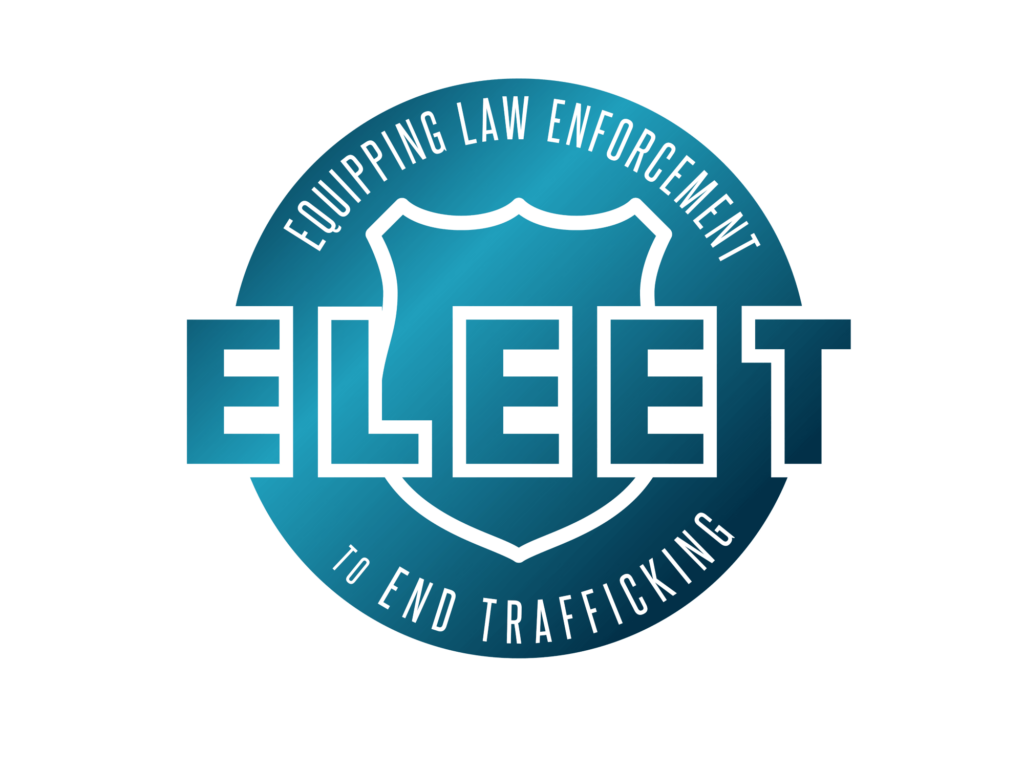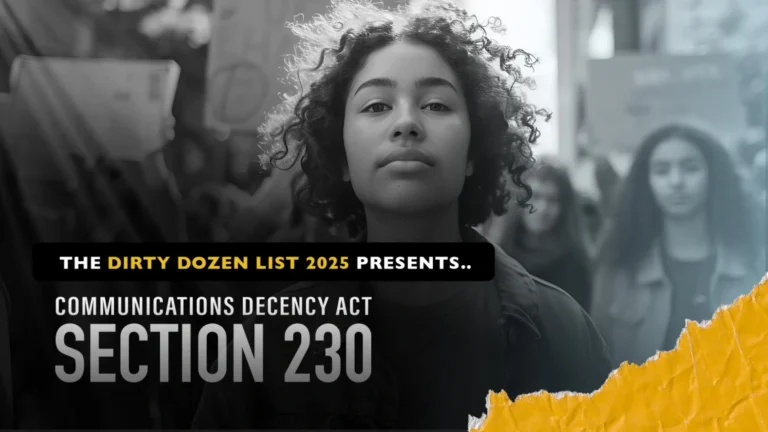The mission of law enforcement is to enhance public safety. That mission encompasses keeping society safe from sexual exploitation. To help law enforcement achieve this aspect of their mission, The National Center on Sexual Exploitation (NCOSE) offers the ELEET (Equipping Law Enforcement to End Trafficking) Training Program.
ELEET trains law enforcement officers in essential topics for combating sexual exploitation, such as: how to reduce the demand for prostitution (ie. how to deter sex buying), an introduction to sex trafficking, how to interview sex trafficking victims, and how to present a case without solely relying on the victim. To help Law Enforcement better serve the public and victims of sexual exploitation, ELEET also covers topics such as implicit bias, victimology, and trauma-informed policework.
I would like to describe my first day of ELEET training. I knew that day that if I failed, there would be no safety net.
I walked into the classroom, filled with seasoned law enforcement officers. My sink or swim moment began when I opened my mouth. I knew that the courses were more academic and did not equate to the exciting adrenaline-pumping tactical training that the officers were likely used to, and which I was used to during my own time in the Los Angeles Police Department.
Sweat accumulated on my brow as I scanned the room. I could tell by the students’ demeanors who had volunteered and who had been voluntold to attend the training.
But once I started talking and describing the trials and tribulations that I encountered while working with victims of sex trafficking, coupled with the fact that this could be our kids and family members, I got their attention. I was so relieved after the training to have officers convey how their perceptions changed in both a professional and personal capacity as a result of the classes. It was then that I had a picture in my head of me swimming in calm waters.

One example of an ELEET class that students often say prompted personal change in them is the Implicit Bias class. In this class, the students are introduced to the Adverse Childhood Experience (ACES) test. They are asked to answer the questions in their head or write them down. I do not ask their scores, but I can tell by the expression on their faces that some have high scores and have experienced some type of childhood trauma. I introduce ACES because I want the students to realize there may not be a huge difference between them and the people they serve. Initially I was extremely hesitant about doing this for two reasons: one, I did not want to trigger anyone, and two, I thought they would think it was too “touchy feely.” After all they were not in this class to “get in touch with their feelings.” However, to my surprise, none of that happened. In fact, at the break many came up to me to talk about their tremulous childhood experience, coupled with the understanding of empathy for the victims and the importance of breaking a cycle within their own families. I have taught this class over 25 times and I get the same response every time.
By the end of the training, I can look into their eyes and know they “get it.” I can see they understand the crime and innocence taken from the minor victims, and the destruction of the community and to all those they serve. This tells me that all the anxiety and nervousness I felt that first day of ELEET training was worth it. It tells me that although tactical training is exciting and important, understanding victims of human trafficking while holding accountable those who abuse them is equally important. This understanding stirs righteous anger in law enforcement officers and inspires into action.
I know law enforcement officers; I was among their ranks for thirty years. Law enforcement officers want to make a difference in the communities they serve. They see the worst of humanity and just want to make it stop. When they lock into a concept with much needed tools and resources, they are unstoppable, and the community is better for it.
Equipping law enforcement in the fight against human sex trafficking and sexual exploitation begins with educating those who are sworn to protect and serve.
How can you help?
You can help by encouraging your local, state and federal law enforcement agencies to attend NCOSE’s ELEET training program. You can learn more and request further information here.



